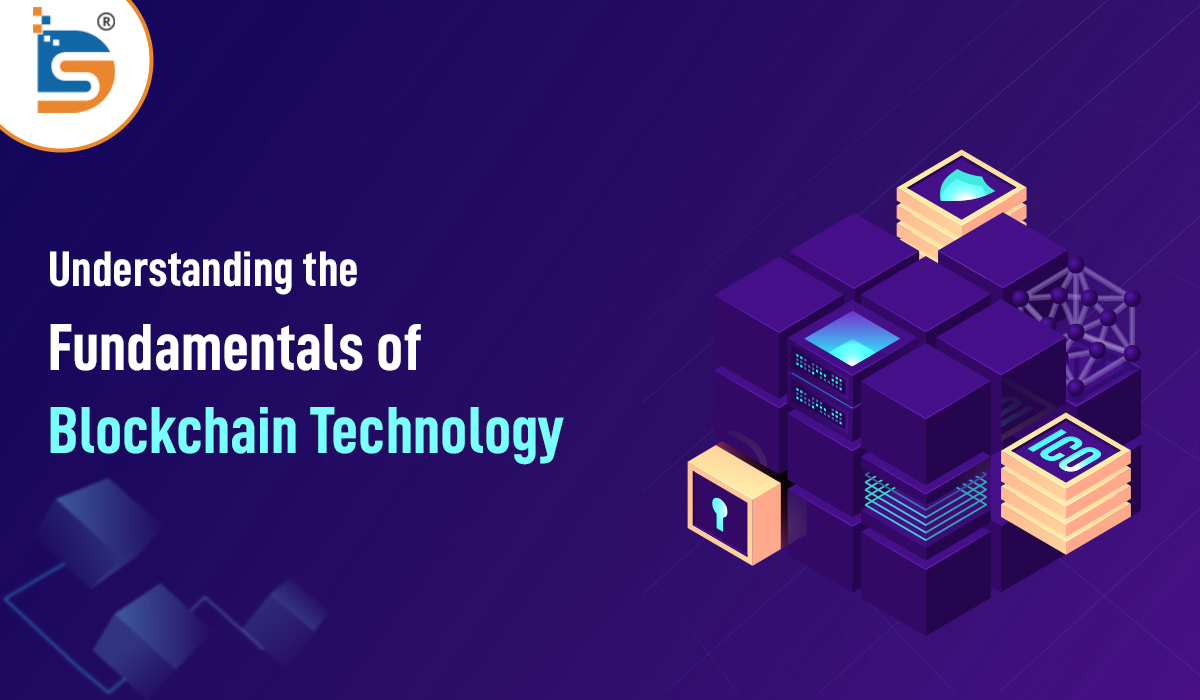Understanding The Costs of Enterprise Blockchain Development

Strong 8k brings an ultra-HD IPTV experience to your living room and your pocket.
Blockchain technology has rapidly gained traction across various industries, offering solutions for enhancing security, transparency, and efficiency in business processes. As enterprises explore the potential of blockchain, understanding the associated costs of blockchain development becomes crucial. This article aims to provide a comprehensive overview of the key factors influencing the costs of enterprise blockchain development.
✍️ For entrepreneurs and developers, blockchain is a goldmine of opportunities. Explore our blockchain business guide to see how you can leverage it for innovation.
Blockchain Type and Platform Selection
One of the primary decisions in blockchain development is choosing the type of blockchain and the platform on which it will be built. There are three main types of blockchains: public, private, and consortium.
Public Blockchains (e.g., Ethereum, Bitcoin) are open networks where anyone can participate. Developing on a public blockchain often involves transaction fees (gas fees) and may require substantial resources for managing scalability and security.
Private Blockchains are restricted to specific participants and are commonly used by enterprises for internal processes. The costs here are primarily driven by the need for custom development and the management of permissions and access controls.
Consortium Blockchains are semi-decentralized and managed by a group of organizations. Costs are shared among the participants but still require significant investment in infrastructure and development.
The choice of platforms, such as Ethereum, Hyperledger Fabric, or Corda, also impacts the costs. Each platform has its own set of tools, languages, and capabilities, influencing the complexity and, consequently, the cost of development.
Development Team Composition and Expertise
The cost of enterprise blockchain development is significantly influenced by the composition and expertise of the development team. Blockchain development is a specialized field that requires proficiency in various areas, including cryptography, smart contract development, and decentralized application (dApp) creation.
Blockchain Developers
These professionals are responsible for coding the blockchain network, creating smart contracts, and ensuring the system's overall functionality. Their expertise in blockchain platforms and languages (like Solidity for Ethereum) can command higher salaries.
UI/UX Designers
For blockchain applications to be user-friendly, skilled UI/UX designers are needed. They design intuitive interfaces that ensure smooth user interaction with the blockchain network.
Project Managers
Managing a blockchain project requires an understanding of both the technical and business aspects. Project managers coordinate the efforts of the development team, ensuring the project stays on schedule and within budget.
Hiring and retaining a skilled blockchain development team can be costly, especially given the demand for experienced professionals in this rapidly growing field.
Smart Contract Development
Smart contracts are self-executing contracts with the terms of the agreement directly written into code. They are a cornerstone of blockchain applications, enabling automated and trustless transactions between parties.
The complexity of smart contracts directly affects development costs. Simple smart contracts, such as those handling basic transactions, may be relatively inexpensive to develop. However, more complex contracts involving multiple parties, intricate conditions, or integration with other systems require extensive testing and auditing, driving up costs.
Security is a critical concern in smart contract development. Vulnerabilities in smart contracts can lead to significant financial losses, making thorough testing and auditing essential. The cost of professional auditing services can be substantial, but it is a necessary investment to ensure the security and integrity of the blockchain system.
Integration with Existing Systems
For enterprises, blockchain systems often need to integrate with existing IT infrastructure, such as databases, ERP systems, and cloud services. This integration can be complex, requiring custom development to ensure seamless data flow and interoperability.
The cost of integration depends on the complexity of the existing systems and the level of customization required. In some cases, existing systems may need to be upgraded or modified to support blockchain integration, adding to the overall cost. Additionally, ensuring that the blockchain system can scale with the enterprise’s needs is essential, which may require further investment in infrastructure.
Maintenance and Upgrades
Blockchain development doesn't end with the deployment of the network. Continuous maintenance is required to ensure the system remains secure, efficient, and up-to-date with the latest technological advancements.
Bug Fixes and Security Patches
Like any software system, blockchain networks are subject to bugs and security vulnerabilities. Regular updates and patches are necessary to address these issues and protect the network from potential threats.
System Upgrades
As blockchain technology evolves, new features and improvements are regularly introduced. Keeping the blockchain network updated with these advancements is crucial to maintaining competitiveness and functionality.
Scalability Enhancements
As the enterprise grows, the blockchain system may need to scale to handle increased transaction volumes and user activity. Scalability solutions, such as sharding or layer 2 protocols, may need to be implemented, which can add to maintenance costs.
Ongoing maintenance and upgrades are an essential part of the blockchain lifecycle, and budgeting for these expenses is critical for long-term success.
Regulatory Compliance
Regulatory compliance is a significant consideration in enterprise blockchain development, particularly in industries such as finance, healthcare, and supply chain management. Governments and regulatory bodies worldwide are still shaping the legal frameworks for blockchain technology, and staying compliant can be costly.
Legal Consultation
Enterprises may need to consult with legal experts to navigate the complex regulatory landscape. This can involve understanding data privacy laws, anti-money laundering (AML) regulations, and other industry-specific requirements.
Compliance Audits
Regular audits may be necessary to ensure the blockchain system adheres to relevant regulations. This could involve third-party assessments and certifications, adding to the overall cost.
Failure to comply with regulations can result in fines, legal action, and reputational damage, making it essential to factor these costs into the overall budget for blockchain development.
Infrastructure and Hosting Costs
The infrastructure required to support a blockchain network can be a significant cost factor. Blockchain networks need servers, storage, and bandwidth to operate effectively.
On-Premises vs. Cloud
Enterprises can choose between on-premises hosting or cloud-based solutions. On-premises hosting involves higher upfront costs for hardware and ongoing maintenance, while cloud solutions offer flexibility and scalability but may involve higher recurring costs.
Security Infrastructure
Protecting the blockchain network from cyber threats requires robust security measures, including firewalls, encryption, and intrusion detection systems. Investing in security infrastructure is crucial to safeguarding the network and the data it holds.
The choice of infrastructure and hosting options can significantly impact the cost, and enterprises must carefully consider their needs and budget when making these decisions.
Conclusion
Understanding the costs of enterprise blockchain development involves considering a range of factors, from the choice of blockchain type and platform to the composition of the development team, smart contract complexity, integration needs, and ongoing maintenance. By carefully assessing these factors and planning accordingly, enterprises can better manage their blockchain development budgets and ensure successful project outcomes. While the costs can be substantial, the potential benefits of implementing blockchain technology—such as increased transparency, security, and efficiency—make it a worthwhile investment for many organizations.
Note: IndiBlogHub features both user-submitted and editorial content. We do not verify third-party contributions. Read our Disclaimer and Privacy Policyfor details.







